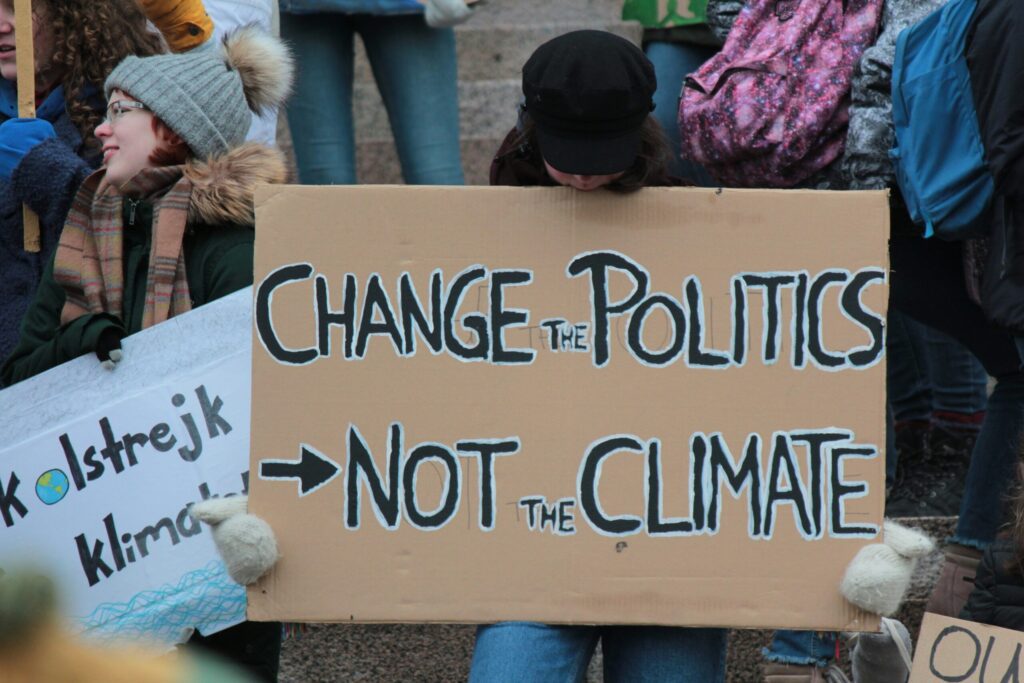In a significant move today, President Trump signed multiple executive orders, making good on several key promises from his campaign. These new directives, targeting critical areas such as environmental regulation and immigration enforcement, are already stirring debate across political and corporate lines. The executive actions reflect the administration’s commitment to reshaping longstanding federal policies, but they have ignited fierce opposition from both industry groups and civil rights organizations.
One of the most notable actions is a ban on new oil and gas drilling along most of the U.S. coastline. This order effectively halts plans for future drilling in federal waters, a decision applauded by environmental activists who have long argued that offshore drilling poses an unacceptable risk to marine ecosystems. They hailed the move as a significant step forward in combating climate change and protecting the nation’s coastlines. For environmental groups, the ban represents a win in the fight against the fossil fuel industry’s expanding footprint on the planet’s fragile ecosystems.
However, the ban has been met with intense criticism from the oil and gas industry, which has expressed concern over job losses and potential economic downturns. Companies involved in offshore drilling, as well as labor unions representing workers in the sector, warned that the policy could lead to reduced domestic oil production and energy costs. Industry stakeholders argue that these moves could make the U.S. more dependent on foreign oil and undermine its energy independence—a concern that has been a cornerstone of Trump’s broader energy policy.
In addition to the environmental restrictions, President Trump’s executive orders also touch on immigration enforcement. The Department of Homeland Security has authorized federal law enforcement personnel from various agencies to participate in immigration raids and enforcement actions in major U.S. cities. The directive aims to bolster the administration’s efforts to crack down on illegal immigration, a central theme of Trump’s campaign rhetoric.
The decision has already led to a series of highly publicized raids in metropolitan areas, targeting both undocumented immigrants and employers who hire them. These operations have drawn strong reactions, with proponents arguing that they are necessary to uphold the rule of law and ensure national security. Critics, however, claim that the raids disproportionately affect vulnerable immigrant communities and could lead to widespread fear and disruption in neighborhoods across the country.
These executive actions underscore the ongoing tension between executive power and legislative oversight. While the president has the authority to issue such orders, many lawmakers and advocacy groups argue that these sweeping changes, particularly in areas like environmental policy and immigration, should involve more comprehensive dialogue and cooperation with Congress. The unfolding debates over the balance of power will undoubtedly shape the political landscape in the months ahead, with implications for the future of U.S. governance.


